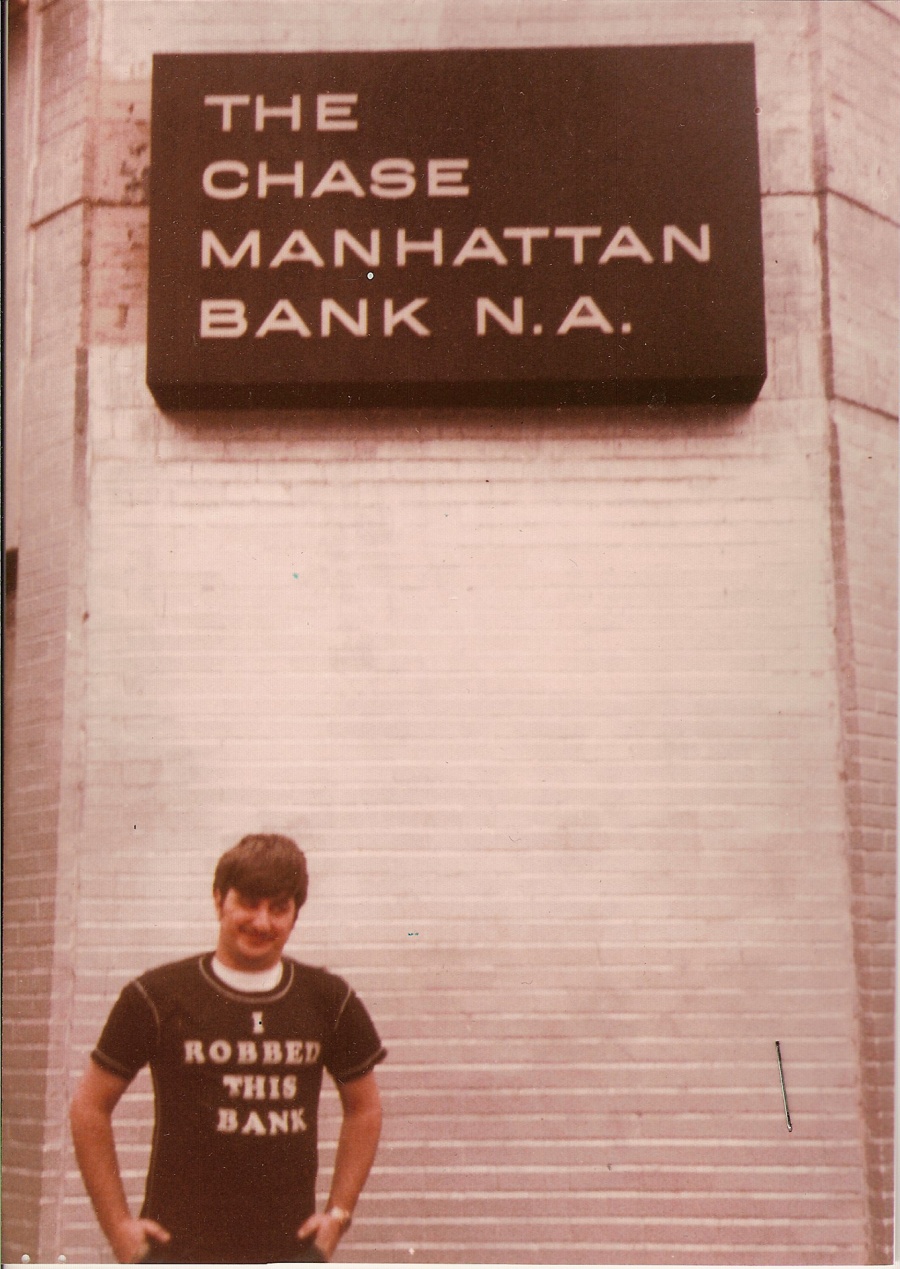It would be easier to enjoy the madcap, stranger-than-fiction revelations of The Dog if it weren’t for the queasy awareness that its central subject is getting such a great kick out of all this. He is John Wojtowicz, the real-life guy whose botched 1972 bank robbery later became the basis for the Al Pacino film Dog Day Afternoon. The unlikely events of that movie really were based on fact, and The Dog is here to introduce us to the truth—if you want to believe Wojtowicz.
Early in the film, Wojtowicz—interviewed by directors Allison Berg and Frank Keraudren over a period of years—comes across as blunt and outrageous, with a voice like Joe Mantegna in aggressive wiseguy mode. He declares himself a “pervert,” and the evidence follows. Once a Goldwater Republican, he did Vietnam duty and got married, then fell into the burgeoning New York gay-rights movement. Wojtowicz seems to have been less interested in political liberation than in having sex with anything that moved, although la dolce vita was interrupted when he fell for Ernest Aron, later known as Liz Eden. It was ostensibly to pay for Aron’s sex-reassignment operation that Wojtowicz led two accomplices into robbing a Brooklyn bank and holding hostages. Sidney Lumet’s 1975 film plays with the love story angle, although “love” hardly seems the operative word here. (Wojtowicz later admits that if Aron had not agreed to escape in a plane to Denmark for the surgery, he would have shot him at the bank.) One of the robbers, Sal Naturale, did die at the end of the standoff.
Because Wojtowicz is chatty and disarmingly frank, the film initially plays as black comedy. As the portrait of a sociopath emerges—after he got out of jail Wojtowicz would hang around outside the bank with an “I ROBBED THIS BANK” T-shirt—the laughs tend to curdle. What remains is a documentary of creepiness, a rock turned over to expose a very weird pocket of life. Wojtowicz’s mother Terry is like a character from a Scorsese film that got hijacked by David Lynch, wandering around her apartment declaring wrong-headed life wisdom and vaguely wondering what went on with her son. The movie is successful at capturing an oddball individual and the ineffable 1970s, but the geek-show spectacle leaves behind a squalid whiff of exploitation. Runs Fri., Aug. 15-Thurs., Aug. 21 at Grand Illusion. Not rated. 100 minutes.
film@seattleweekly.com







